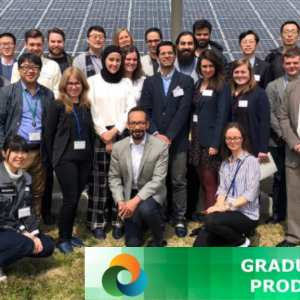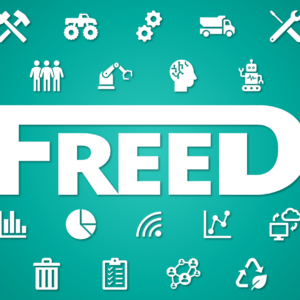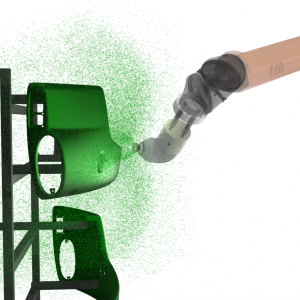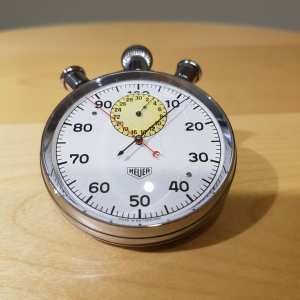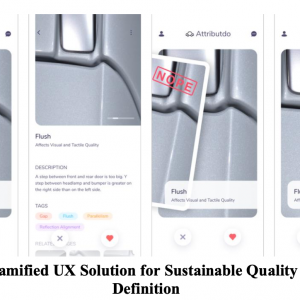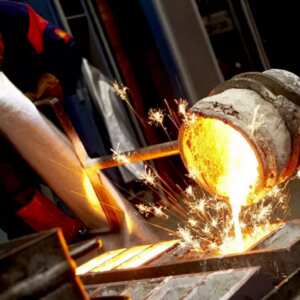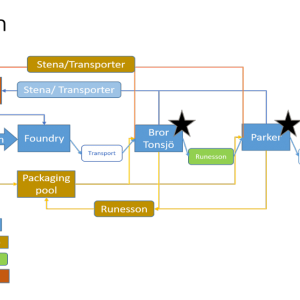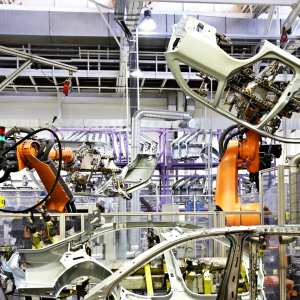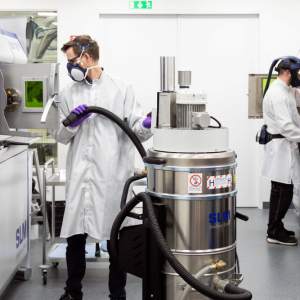The use of digital technologies, such as Internet of Things (IoT), can enable the transition to circular business models by, for example, extending product lifespan with monitoring and tracking tools and enhancing the provision of technical support. Manufacturing companies are increasing their use of digital technologies in the development of their service offerings, but manufacturing companies are still in the early stage of this transition. This forms the background to this research project consisting of university, industrial partners and a research institute. The project focuses on innovations in Operations Planning and Control (OPC) of circular flows, enabled by the IoT and new and changing business relations in the supply chains. The core of the project consists of empirical studies in relation to a number of work packages (WPs) corresponding to different phases in development towards circular production systems: ‘IoT as an enabler’ to understand the preparation phase, the type of data, quality of data that can be captured from the products. Next is focusing on how the data is used to build up new types of ‘Product-Service Systems’ (PSS). Then the ‘transition into circularity’ of manufacturing companies is in focus, referring to OPC innovations and changing business relationships for how products may be reused, refurbished, and remanufactured. The industrial partners of the project are right now developing service-based products and pilots for circular development are either ongoing or planned for. Altogether, this project aims to develop new knowledge and a maturity model to support companies in the manufacturing industry in Sweden in this urgent area.
 Kunskapsförmedlingen
Kunskapsförmedlingen 
